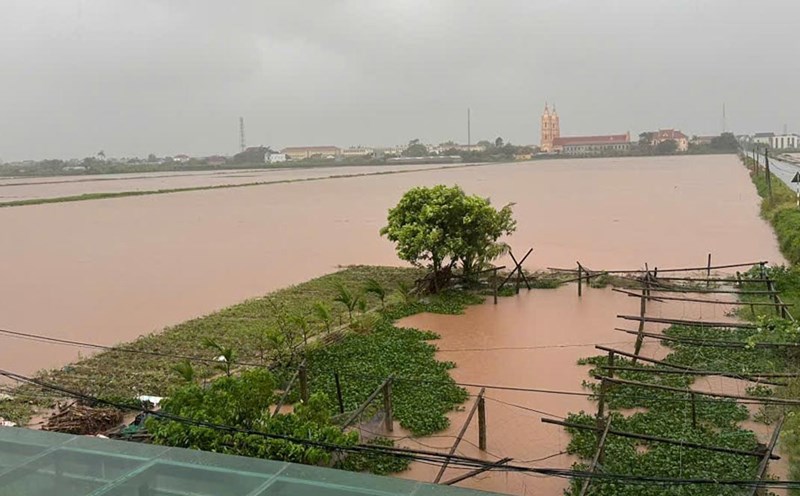Accordingly, Mr. H.V.T's household (residing in village 14, Ea Knop commune, Dak Lak province) raises 2,000 chickens.
On June 15, Mr. T's family sold 1,700 healthy, 130-day-old chickens. On June 20, Mr. T's family continued to sell 200 chickens to a duck car of unknown origin.
By July 10, the remaining 100 chickens, about 100 chickens, began to show symptoms of yellow fever, yellow thination and death. Mr. T's family took the chicken sample for testing and tested positive for influenza A (H5N1).
After receiving the results, Mr. T's family destroyed all the sick and dead chickens.
Upon receiving the report, Ea Kar Livestock and Veterinary Station coordinated with the Ea knop commune government to quickly conduct an inspection and supervision of the avian influenza outbreak at Mr. T's house.
The inspection process showed that Mr. H.V.T's household raised chickens but had not vaccinated the chicken flocks against avian influenza.
The sick and dead chickens were destroyed by Mr. T's family in a hole 300m high. The sick chickens were burned, buried and sprinkled with lime by Mr. T's family. The barn has been sprayed with lime and chemicals.
To prevent the spread of the disease, the Station has requested the Commune People's Committee to compile statistics on the number of livestock farming households and the number of poultry in village 14. At the same time, propagate to livestock farmers to proactively vaccinate livestock against avian influenza.
For Mr. T's family, Tram asked his family not to re-ell for 45 days.
In addition, the Center for Disease Control (CDC) of Dak Lak province has also collected samples of Mr. T's family members for testing to prevent the risk of influenza A (H5N1) infection from poultry to humans.











